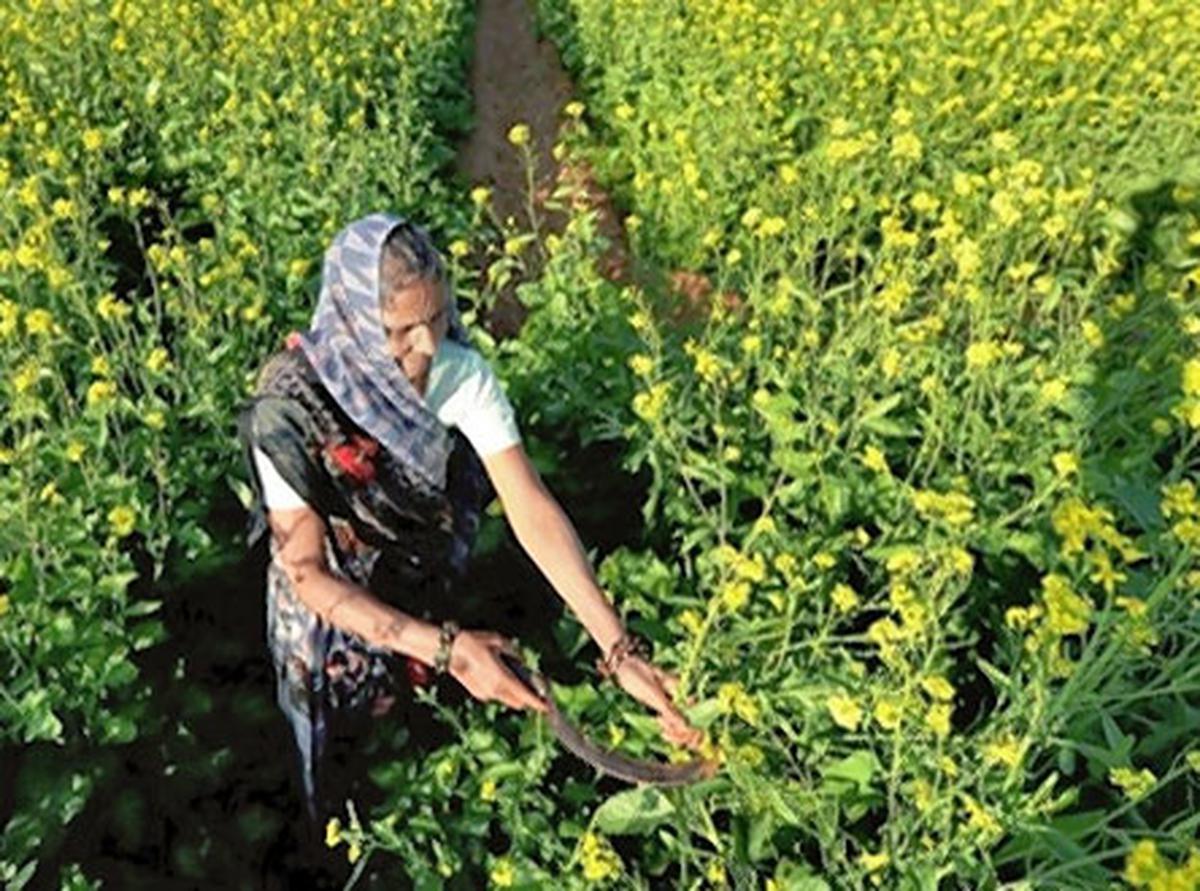
Women labourers in rural areas will be hit if govt. permits GM mustard crop: SC
The Hindu
Petitions challenge environmental clearance given to genetically modified mustard
The Supreme Court on Wednesday expressed concern about the plight of thousands of women agricultural labourers in rural areas, traditionally engaged in de-weeding, who will be part of the human cost if the government permits the commercial cultivation of herbicide-tolerant crops such as GM mustard in India.
"In rural areas, women are experts in removing weeds. They are a part of the labour force in agriculture in India. It brings them employment… You know it is because women started agriculture that humankind stopped being nomads and we saw the sprouting of civilisations," Justice B.V. Nagarathna observed orally while hearing challenges against the environmental clearance given to genetically modified mustard by the government.
Also Read | Centre must present correct information to Supreme Court on GM mustard, say scientists and activists
Justice Dinesh Maheshwari, the lead judge on the Bench, agreed that women were an integral part of the Indian agricultural landscape, from paddy fields to tea estates, across the country.
"They work in knee-deep water in the fields, bending the whole day and working," Justice Nagarathna said.
Senior advocate Sanjay Parikh, for a petitioner, said the widespread use of herbicide-tolerant crops would encourage farmers to spray chemical weed-killers, leaving toxic chemical residue in large amounts on the crops.
"The Supreme Court's own Technical Expert Committee [TEC] had said that these GM crops were not meant for agriculture in the Indian context. They may be suitable in the western context where there are large farms, but not here," Mr. Parikh argued.













